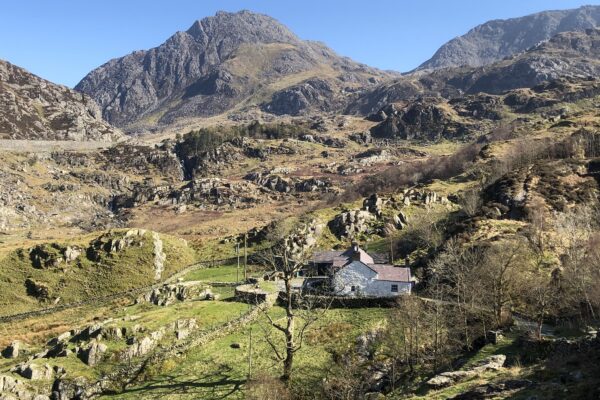Over £5,300 raised in our Save Snowdonia’s Rivers appeal
Thank you to all our members, supporters and friends who donated to our Save Snowdonia’s Rivers appeal. Between you, you donated over £5,300!
This was a real boost to our work looking at run-of-river hydro-electric applications; knowing it was something you cared about helped us focus our efforts.
And thank you Natural Resources Wales…
And thank you Natural Resources Wales for refusing water abstraction and impoundment licenses for the 5MW Conwy hydro scheme. Conwy Falls, Fairy Glen and this wild and wonderful 2km stretch of river will run free for the time being.
Today Natural Resources Wales published their long-awaited decision on applications to dam the river Conwy and abstract water for a run of river hydro scheme. After nearly two years’ deliberation, NRW have refused the applications – their reasons are quoted below. The full document is available here
The proposed development by energy multinational RWE (working with the National Trust and another landowner) has already failed twice to secure planning permission. We hope this latest development will convince the organisations involved that this superb river should now be left alone.
Snowdonia Society commends NRW for coming to the right decision. We will provide a fuller analysis of the issues which their decision statement raises after the holidays.
NRW: Conclusion and recommendation
NRW has chosen to refuse the application because the proposed abstraction regime does not comply with current NRW Hydropower Guidance (HGN2: Flow Standards) and not enough evidence has been provided by the applicant to justify such a deviation from naturalistic flows within the Afon Conwy. The resultant residual flow will lead to un-naturalistic flows which will have a greater risk of impact upon in river ecology and fish within the depleted reach.
The applicant has not provided sufficient details of the impacts of the proposal upon sediment transport throughout the depleted reach and potential mitigation. Further information provided by the applicant refers to a different approach to sediment management than that proposed within their Environmental Statement and NRW are unclear as to how this aspect will be managed.
In summary, these applications are being refused because of a lack of information regarding the following matters:
- Impact upon in river ecology and fish within the depleted reach as a result of deviation from natural flows; and
- Impact of the proposal upon sediment transport throughout the depleted reach and potential mitigation.
This information is necessary in order to ensure protection of the local water environment and to ensure compliance with the requirements of the Water Framework Directive. To licence such a scheme in the absence of the required detailed information would run contrary to the aims of the Water Resources Act 1991 and the Water Framework Directive.





